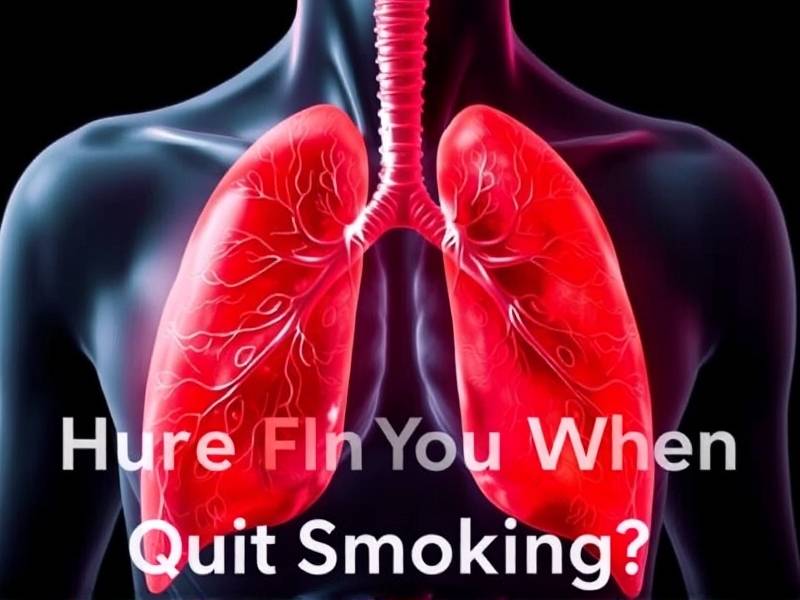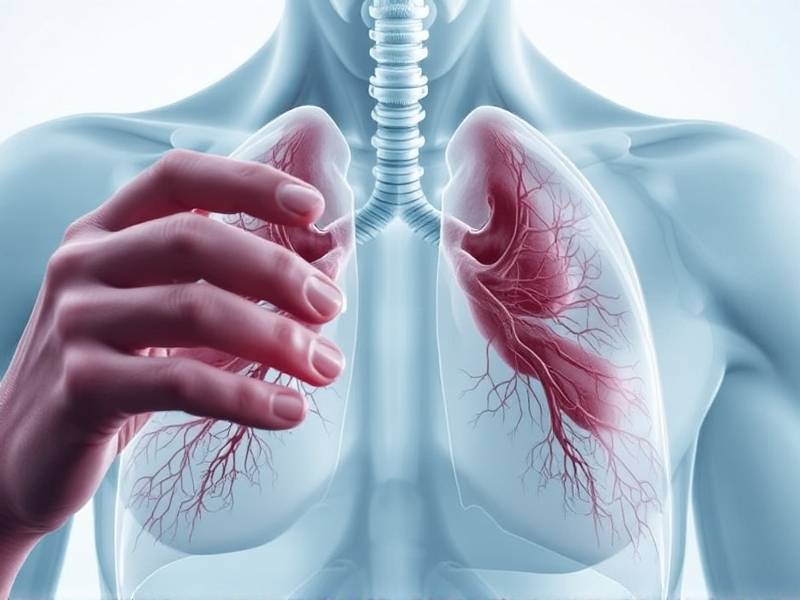Will Your Lungs Hurt When You Quit Smoking?
The Reality of Quitting Smoking: Will Your Lungs Hurt?
Introduction: Quitting smoking is a significant step towards improving one's health, but it often raises concerns about potential discomfort or pain. One common question that arises is whether your lungs will hurt when you quit smoking. In this article, we'll explore the reality behind this concern and provide insights into what to expect during the quitting process.
I. Understanding the Impact of Smoking on the Lungs

-
The Harmful Effects of Tobacco Smoking introduces harmful chemicals into the lungs, leading to inflammation, irritation, and damage over time. These chemicals can cause chronic obstructive pulmonary disease (COPD), emphysema, and lung cancer.
-
Healing Process After Quitting When you quit smoking, your body begins to heal itself from the damage caused by tobacco use. The healing process varies from person to person but generally involves several stages:
a. Immediate Benefits: Within hours of quitting, your blood pressure and pulse rate start to normalize, and carbon monoxide levels in your blood decrease.
b. Short-Term Benefits: Within a few weeks to months after quitting, your lung function improves, reducing symptoms like coughing and shortness of breath.
c. Long-Term Benefits: Over several years after quitting, the risk of developing lung cancer decreases significantly.
II. The Experience of Lung Discomfort During Quitting
-
Coughing and Phlegm Production One common symptom experienced during the quitting process is coughing with phlegm production. This occurs as your body tries to clear out accumulated tar and mucus from the lungs.

-
Shortness of Breath Some individuals may experience shortness of breath initially after quitting smoking due to increased lung capacity and improved oxygen flow.
-
Chest Discomfort or Pain While it's rare for someone to experience severe pain in their lungs upon quitting smoking, some individuals may feel discomfort or tightness in their chest area as their body adjusts to being smoke-free.
III. Coping Strategies for Managing Discomfort
-
Stay Hydrated Drinking plenty of water helps thin mucus and promotes easier breathing.
-
Exercise Regularly Physical activity increases lung capacity and improves overall cardiovascular health.
-
Seek Support from Others Joining a support group or seeking counseling can provide emotional support and guidance during the quitting process.
Conclusion: While it's natural to worry about potential discomfort when you quit smoking, it's important to understand that most individuals experience manageable symptoms during this transition period. By staying hydrated, exercising regularly, seeking support from others, and being patient with yourself throughout the healing process, you can overcome any temporary discomfort associated with quitting smoking and pave the way for improved lung health in the long run.
